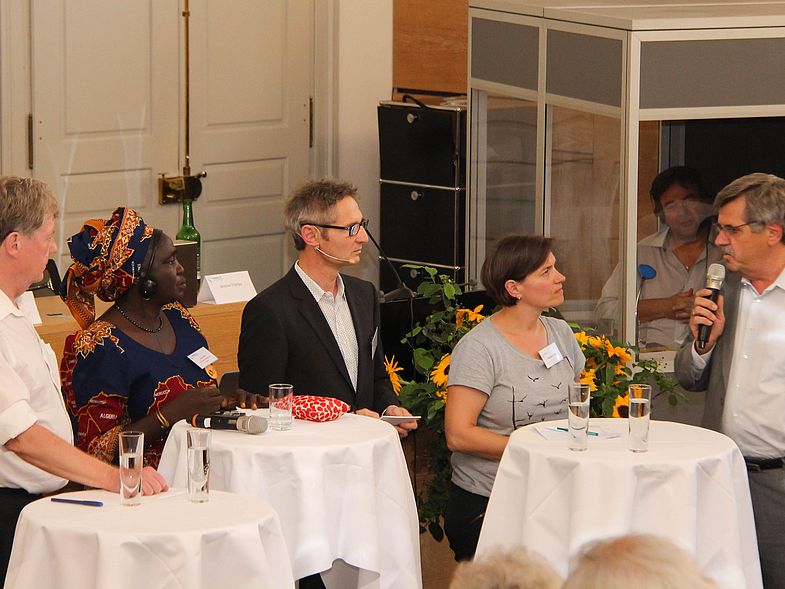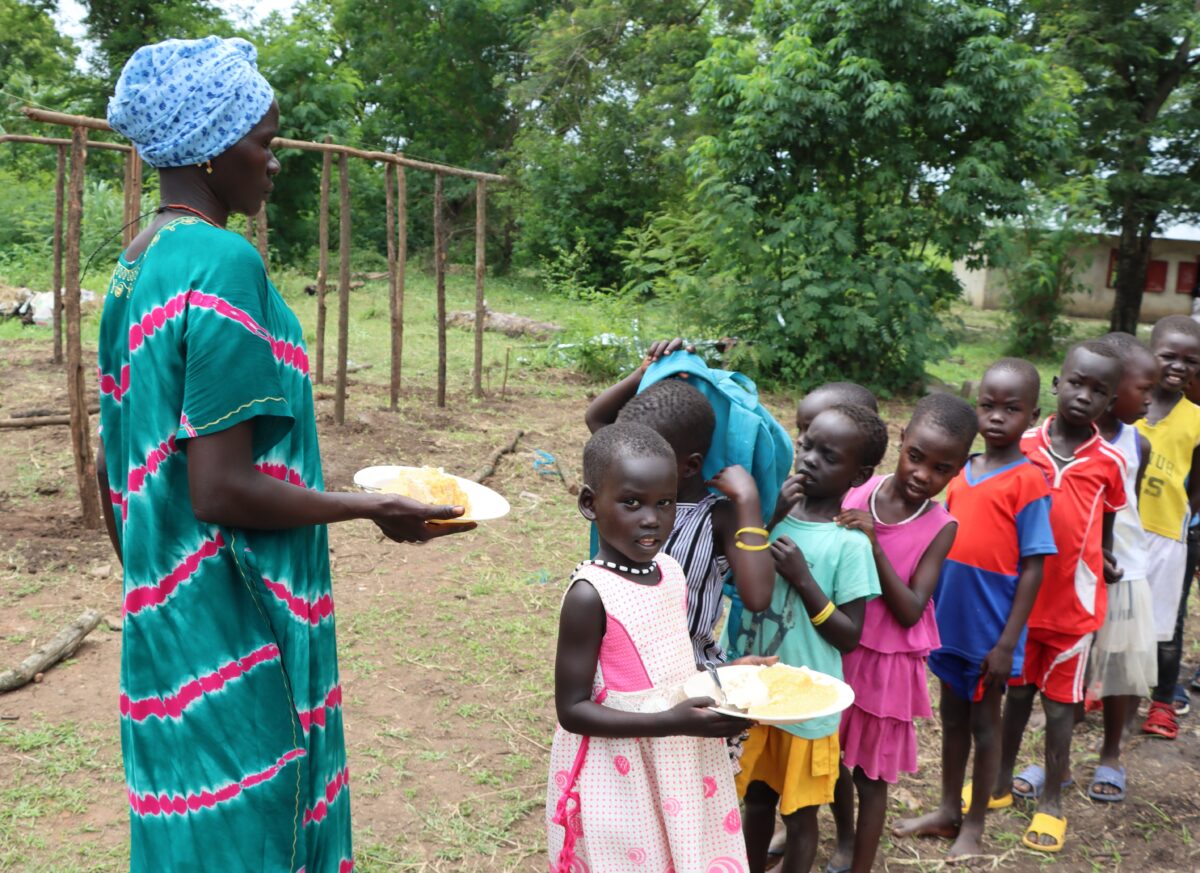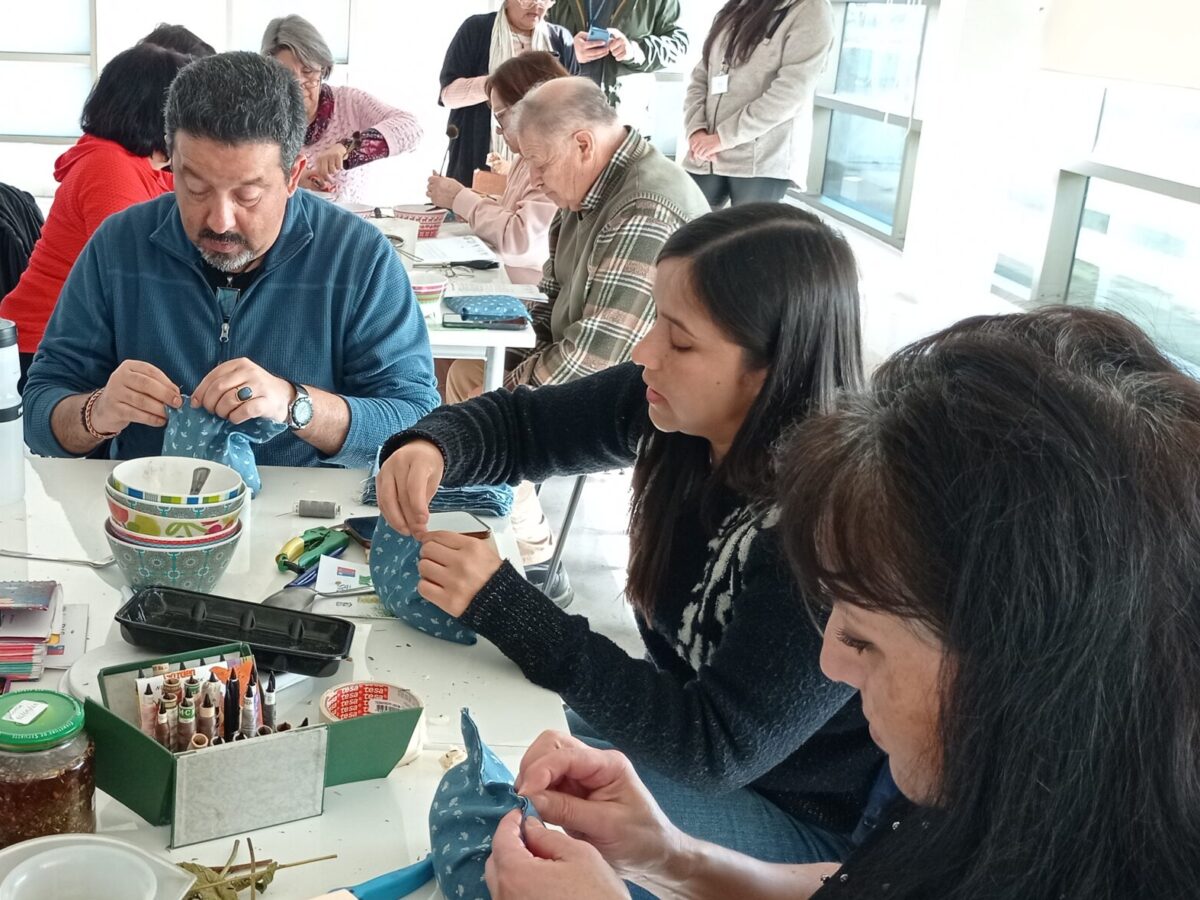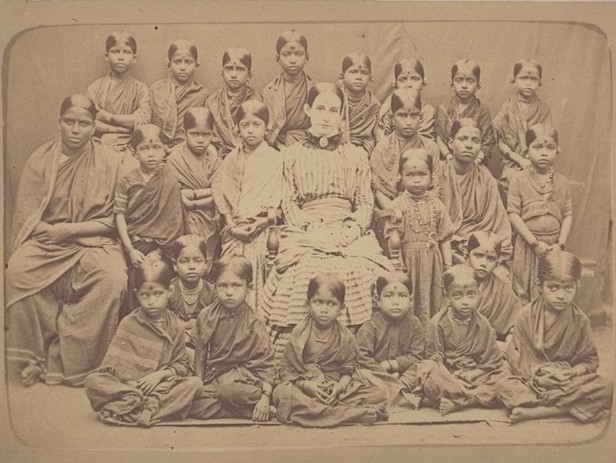Praise and strong statements
The welcome address by Rahel Bösch from the SDC's Institutional Partnerships Division was a successful start to the 2018 Synod. She had nothing but praise for the cooperation with Mission 21. She highlighted two topics: migration and development, and the 2030 Agenda, giving an insight into the SDC's goals. She emphasized how important organizations like Mission 21 are for the SDC to be able to meet international challenges in development cooperation. Especially in the areas of education and health for people in conflict regions. Especially church organizations like Mission 21 have a long tradition of international dialogue, local partners and exchange about common global tasks.
Also with regard to the goals of the Agenda 2030, she emphasizes the cooperation community of Bread for All, of which Mission 21 is a part, as an important partner. Rahel Bösch describes the 2030 Agenda as a new social contract that involves a paradigm shift. Global problems, such as climate change, call for universally shared responsibility rather than unilateral support. Mission 21 has an advantage here, as church institutions have been practicing the concept of so-called "global citizenship" for some time.
Migration is one of the current global challenges. Rahel Bösch emphasized here that migration can also be a positive development factor for countries. The effects depend on the conditions in the country of origin and lead. Here it is important to strive for sustainable development. After all, peace and sustainable development go hand in hand. Right at the beginning, Rahel Bösch was clearly struck by the diversity and especially by the "Youth Parliament" of the Synod. The youth ambassadors then also convinced with their sympathetic appearance and their strong statement: "We are present, not only future!
Impressive evening program
After a wide range of workshops on the topic of flight and migration in the afternoon, the evening then offered an in-depth lecture and a panel discussion. The former UN Special Envoy Dr. Eduard Gnesa first presented facts, figures and considerations on the consequences of flight and migration with a focus on Africa and Europe. He emphasized that migration policy issues are generally viewed too negatively in Switzerland. People tend to forget that foreign workers play a major role in the construction of Swiss infrastructure and are involved in the service sector.
In addition to impressive figures showing that most refugees live in countries such as Jordan, Uganda or Lebanon and not in Central Europe, Gnesa also explained that migration and development are inextricably linked. For example, migrants who work in Switzerland and send money back to their families make a direct contribution to the development of their countries of origin. However, problems that can undoubtedly arise in the course of migration must by no means be swept under the carpet, but must be addressed and discussed.
For the following panel, the round was supplemented with other exciting personalities, who gave the audience an insight into the practice. For example, Suzan Mark, who fights for gender justice in northeastern Nigeria, where the terrorist militia Boko Haram spreads fear and terror. For her, peace, which can be implemented through women's empowerment, is key to improving conditions in countries of origin.
Verena Fink and Christian Zingg also have a practical connection to the topic. Verena Fink has been working in refugee camps in Greece for three years and is confronted with the misery and tragic stories of refugees on a daily basis. Christian Zingg has been a teacher of an integration class for many years. He says his experience shows that people who apply for asylum in Switzerland are not "simply after the money of the Swiss" - they are eager to find employment and thus economic independence as quickly as possible.
After a lively discussion, the round was still opened. The questions asked showed the emotionality and the great topicality of the subject, but also made clear the complexity involved. It was an impressive conclusion to an intensive first day of the synod.
Text: Meret Jobin and Robin Hill






